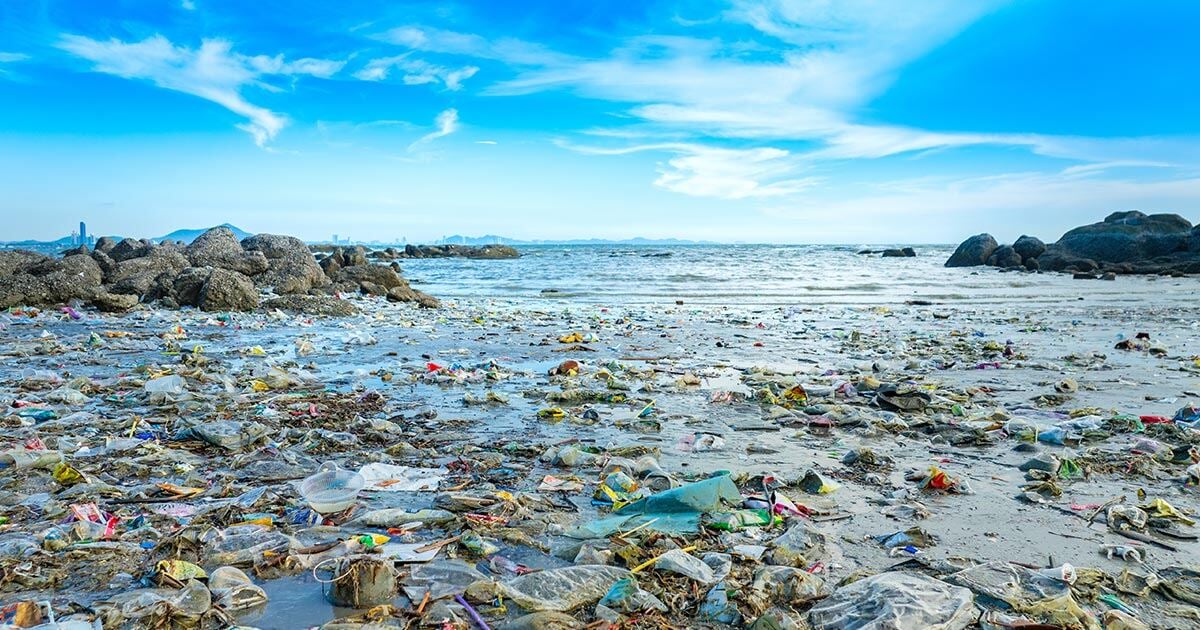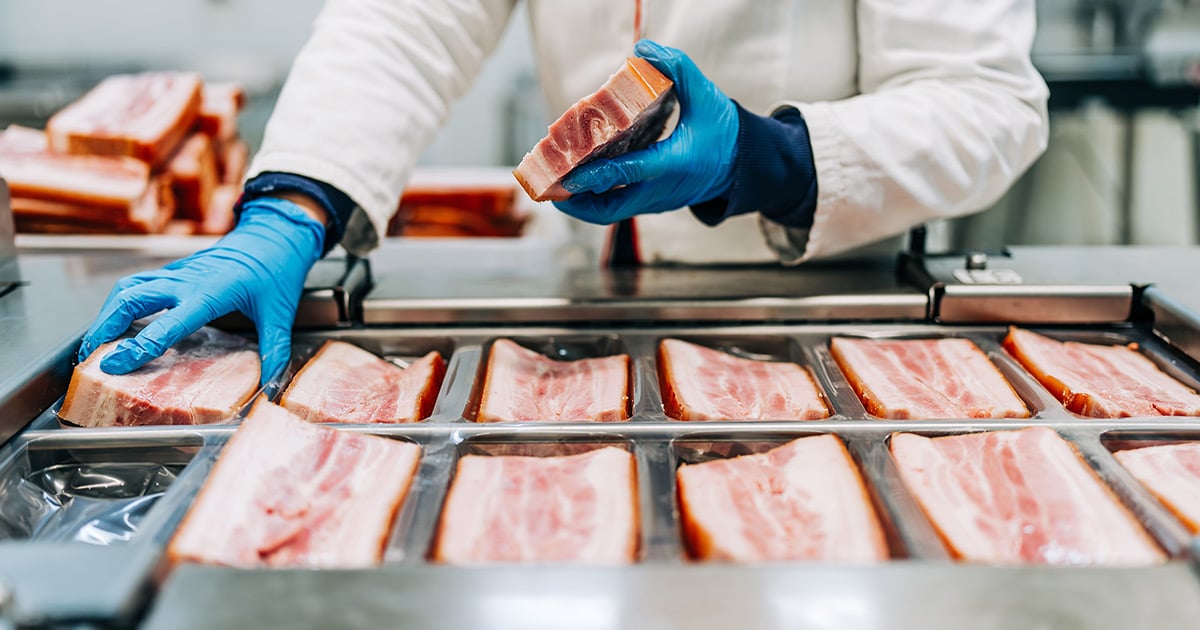Evaluate Your Current Packaging
Assess which materials in your supply chain don’t meet SB 54’s standards.
2 min read
 Meredith Kenton
:
February 19, 2025
Meredith Kenton
:
February 19, 2025

California’s Senate Bill (SB) 54, also known as the Plastic Pollution Prevention and Packaging Producer Responsibility Act1, is a landmark law aimed at reducing plastic waste and promoting sustainable practices across industries. Currently, over 50% of waste dumped in landfills in California comes from packaging—that’s 290 Olympic-sized swimming pools worth of plastic every day.
For businesses in California, particularly in the foodservice and packaging sector, this legislation represents both a significant change and an exciting opportunity to innovate and appeal to eco-conscious consumers. In this blog, we’ll break down what SB 54 entails and how it’s reshaping the foodservice industry.
SB 54 is a sweeping law designed to tackle California’s plastic pollution crisis—reducing packaging waste and increasing recycling efforts. The legislation places a heavy responsibility on manufacturers to reduce single-use plastics and increase the use of sustainable materials.
Here’s what you need to know. By the year 2032, California must:
These changes are particularly impactful for foodservice businesses, where single-use plastics like utensils, containers, and can liners are essential. However, the primary responsibility (and burden) for upholding this law falls on the shoulders of the packaging producers. Over the next 10 years, manufacturers will pay $5 billion to fund clean-up efforts to reduce plastic pollution and support communities that are typically hurt the most by the damage of plastic waste.
This bill calls on plastic producers to ensure that packaging is:
The foodservice industry—restaurants, grocery stores, and convenience stores—relies heavily on packaging and disposable products. SB 54 is reshaping how businesses approach these essentials, emphasizing sustainability and accountability. While the law presents challenges, it also offers opportunities to:
Studies show that consumers increasingly prefer businesses committed to environmental responsibility. By adopting eco-friendly practices, companies can attract and retain environmentally conscious customers.

Early adoption of SB 54-compliant products and practices can set your business apart.

Aligning with SB 54 now can save your business from penalties and disruptions down the line.

Staying ahead of SB 54 requires a proactive approach. Here are steps your business can take to comply and thrive:
Assess which materials in your supply chain don’t meet SB 54’s standards.
Opt for compostable or recyclable items, such as biodegradable food containers, utensils, and can liners.
Work with manufacturers that offer SB 54-compliant products and expertise.
Train staff on the importance of sustainability and how to implement eco-friendly practices.
At BradyPLUS, we’re committed to supporting California businesses during this transition. We partner with manufacturers that produce an extensive range of sustainable foodservice disposables, compostable trash bags, and other eco-friendly solutions tailored to SB 54 compliance. Our team of experts can guide you through product selection and implementation, ensuring your business meets regulatory requirements without sacrificing quality or convenience.
SB 54 isn’t just a challenge; it’s an opportunity to lead the way in sustainability. By embracing the changes it mandates, foodservice businesses and packaging producers can align with consumer values, differentiate themselves from competitors, and contribute to a cleaner, greener California.

Ready to take the first step toward SB 54 compliance? Contact us today⬇️ to learn more about our sustainable product offerings and expert support. Together, we can build a future where businesses thrive, and the environment prospers.
1. Plastic Pollution Prevention and Packaging Producer Responsibility Act: SB 54

13 min read
In the foodservice world, keeping up with trends is about as critical as keeping your knives sharp and the line running. Customers demand more,...

13 min read
In 2025, food industry packaging is experiencing a rapid transformation. This is causing food processors and foodservice operators to reevaluate how...

21 min read
Spring marks the unofficial start of catering season—and for hotels, casinos, stadiums and beyond, that means it’s time to get ahead of the rush....